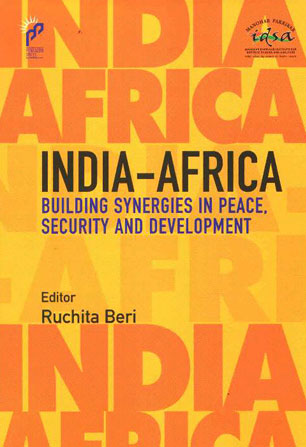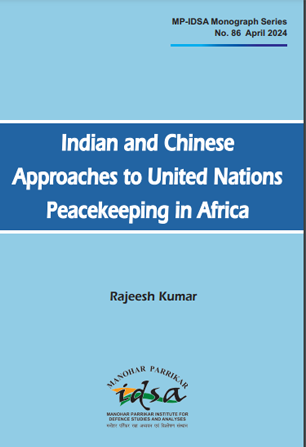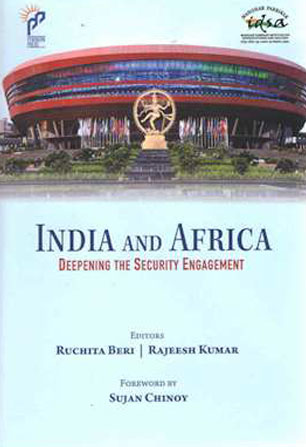West Asia and Oil Politics
Today hardly any part of the world is untouched by the interplay of oil and international politics. Consumers as well as producers are concerned about the impact of national and international events that increase or restrict the supply of energy. Given that the West Asian region holds the world's largest residual oil and gas resources, the article seeks to analyse the importance of West Asia in the context of the changing geopolitical situation and its impact on the current oil market. The article also focuses on the issue of the petrodollar and looks at its impact on the oil market.
- M. Mahtab Alam Rizvi
- March 2011










